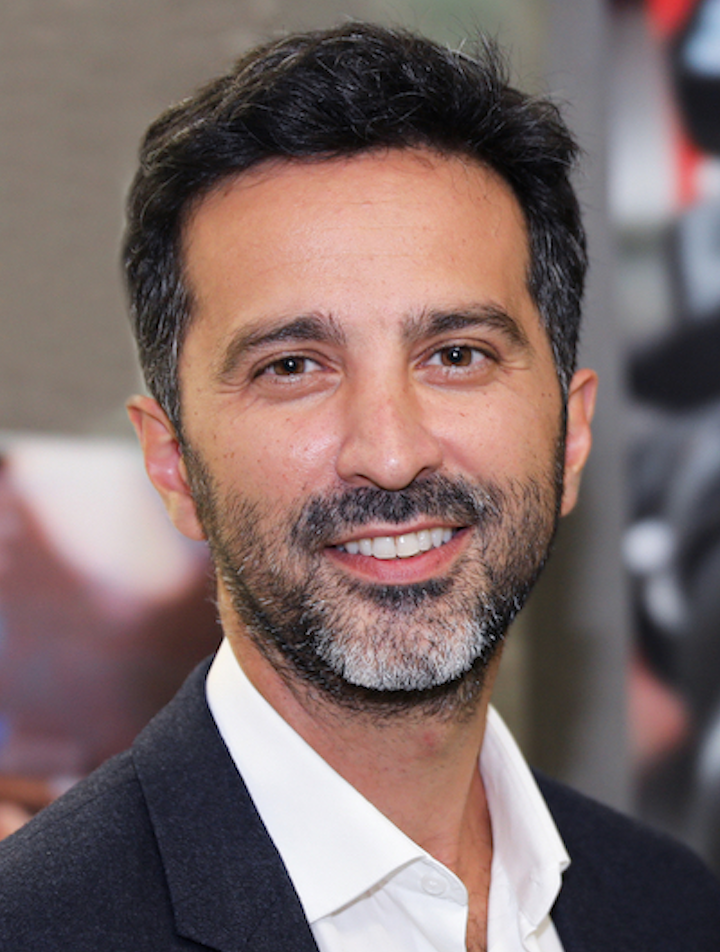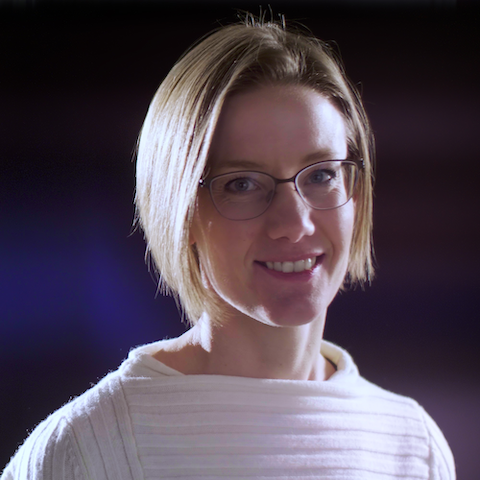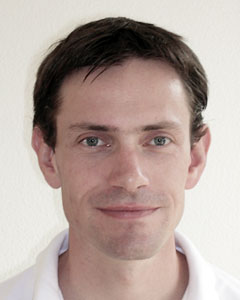Predictions for Better Decisions: Towards Integrated Prediction and Optimization
With Emma Frejinger
Learning Individual Behaviors from Vehicle Trajectory Data
With Kenan Zhang
Break
Measuring Traffic through Partially Biased Observations
With Moritz Neun & Christian Eichenberger
Artificial Intelligence and Autonomous Vehicles
With Alexandre Alahi
Predicting Time-to-Green of Fully-actuated Signal Control Systems with Deep Learning Models
With Alexander Genser
On Board Monitoring for Railway Infrastructure Condition Assessment
With Cyprien Hoelzl
Towards a Data-driven Operational Digital Twin for Railway Wheels
With Katharina Rombach
Break
Improve Railway Safety and reliability with NLP
With Fionn Gantenbein & Daniele Mele
Lessons Learned from Watching Machines Learn
With Thilo Stadelmann








.jpg)





